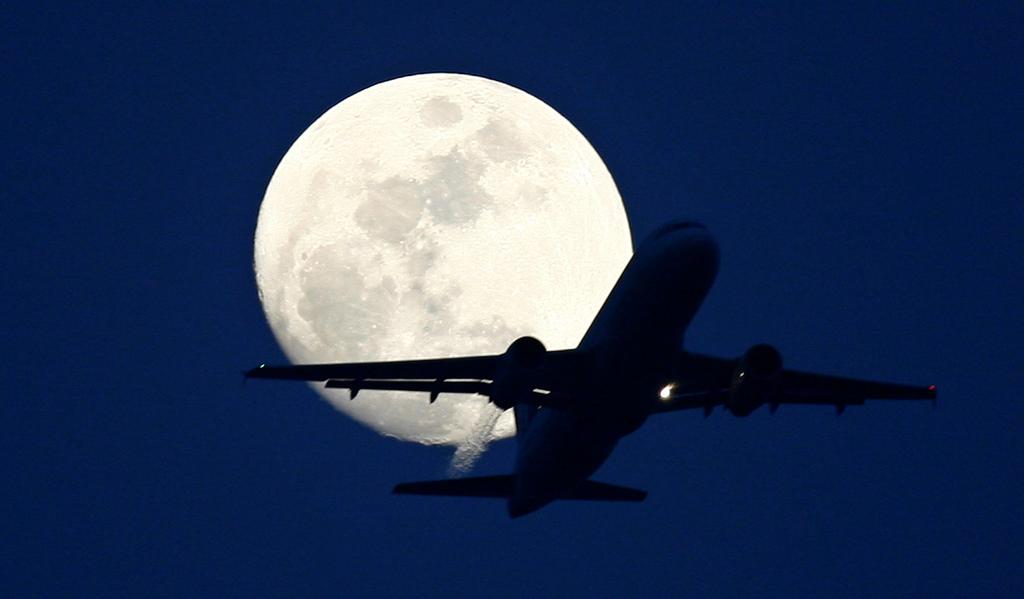(ATF) India’s budget for 2021 finally had good news for its battered aviation sector. In a bid to attract foreign aircraft lessors to set up shop in the country, the government on Monday rolled out tax incentives for companies that open operations at the International Financial Services Centre (IFSC) in Gujarat’s GIFT City.
Finance minister Nirmala Sitharaman, in her budget speech, proposed a tax holiday for aircraft-leasing companies and tax exemptions for airlines paying lease rentals to foreign lessors if they choose to be based in the country’s upcoming international finance hub.
India is developing an offshore finance hub called Gujarat International Finance Tec-City, or GIFT City to attract foreign investors with close to zero tax, and top-notch infrastructure in an effort to compete with Hong Kong and Singapore.
“….the Government is committed to make the International Financial Services Centre in GIFT City a global financial hub. In addition to the tax incentives already provided, I propose to include, among others, a tax holiday for capital gains for aircraft leasing companies, tax exemption for aircraft lease rentals paid to foreign lessors,” Sitharaman said.
No local lessors
India’s air travel market is dominated by budget airlines like Interglobe Aviation’s IndiGo and SpiceJet Ltd that have hundreds of new planes on order from Airbus and Boeing.
The planes are typically bought on sale and leaseback arrangements and yet, no major aircraft leasing companies are based in India. Most aircraft are leased from foreign lessors such as Avolon, GECAS, BBAM, BOC Aviation and Dubai Aerospace Enterprise Capit.
These lessors are based in low-tax jurisdictions like Ireland, but the deals expose Indian airlines to foreign currency fluctuations. Dubai, Hong Kong and China are also major players in the multi-billion-dollar aircraft leasing industry.
India’s decision to promote a local aircraft leasing industry, which was first mooted in 2019, but did not progress much. So, experts say it will not only have a positive impact on the sector in the long run. But the move should also help cut the outflow of currency from India.
“Almost the entire aircraft leasing is done from companies based offshore, which means the almost all the lease rentals paid by Indian aviation companies flows out of the country,” Nitin Sarin, a managing partner at law firm Sarin & Co, an aviation leasing advisor told Asia Times Financial.
According to Rémi Maillard, MD of Airbus India & South Asia, the proposals also sit well with India’s desire to develop a local aircraft leasing and financing industry to accelerate the maturity and ‘Atmanirbharta’ – self-reliance – of the Indian aviation sector.
The tax support for aircraft leasing and rentals will help grow the fleet size in India, he said, as a vast majority of these aircraft will likely be leased going forward.
No rush expected
That said, the Indian aviation industry seems unlikely to see foreign lessors arriving in the short-term.
“I do not immediately see foreign investors or the foreign lessors rushing in because they might [prefer to] wait and watch mainly due to [the] possibilities of multiple interpretations of India’s tax rules and [concerns regarding] ease of doing business. So, large lessors would probably prefer to wait and watch for a while before moving,” Sarin said.
Besides, the aviation industry is still not out of the pandemic woods yet and needs more financial and policy support from the government.
The sector needs immediate credit support, lower tax rates on aviation fuel and imported aircraft parts, flexible use of the airspace and a fully liberalised code sharing, among other things, Maillard, the MD of Airbus, has said.
However, local lessor companies may start setting up outfits soon to bag smaller leasing deals, Sarin said.
Privatisation of airports
The other important change in the Budget for the aviation sector is privatisation of airports.
The finance minister annnounced the names of a second batch of airports to be privatised following the earlier handing over six airports to Adani Enterprises Ltd in the first round of privatisation.
The airports waiting for the government nod in second round include Amritsar, Varanasi, Bhubaneshwar, Indore, Raipur and Tiruchi.
The government also has plans to privatise smaller airports in tier-2 and tier-3 cities under its asset monetisation programme.
“I think the Budget provision is a very positive step and an excellent first move for establishing India as an aviation leasing hub in India,” Sarin said.
“However, for a successful aviation leasing destination, India needs the involvement of all government ministries and department for achieving the goal,” he said.
With reporting by Reuters
























